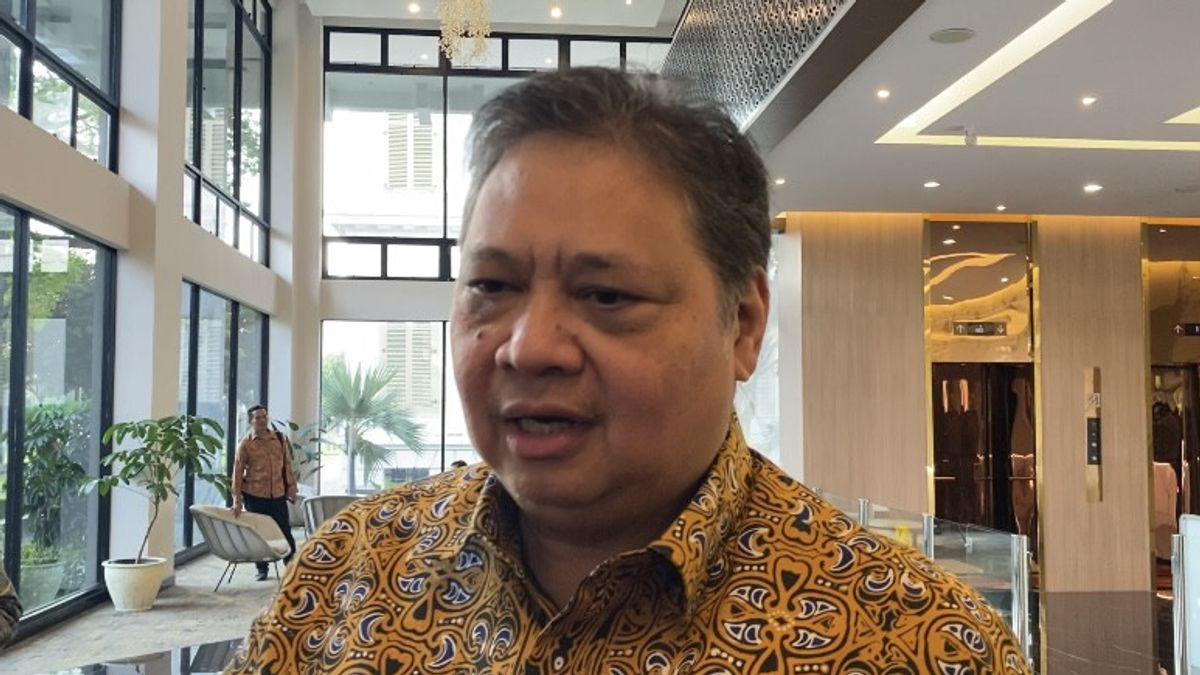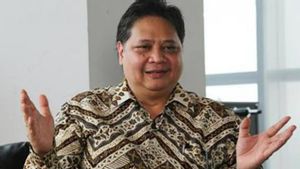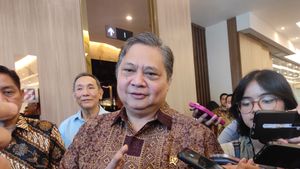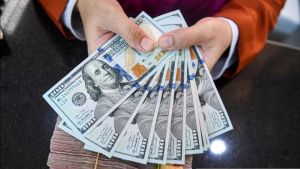Coordinating Minister for Economic Affairs Airlangga Hartarto said that the most important thing is to encourage the development of startups to increase not only to pursue the target number of unicorn startups in 2045.
"At most, we encourage the startup to increase. If the unicorn is one of the main targets," he told the media crew, Friday, December 20.
According to Airlangga, the scarcity of startups has only emerged at this time, but there has been a lot of innovation development that has occurred in corporations, and this is a process that is running naturally.
"Yes, if we look at the many developments in corporations, so we'll see, this is natural," he said.
As for data from the Coordinating Ministry for the Economy, the number of startups in Indonesia in 2024 reached 2,651, with 15 startups with unicorn status, including Bukalapak, Ovo, Xendit, Kenangan Coffee, Akulaku to Ajaib, and 2 Decacorn, namely Goto and J&T Express.
The government targets 61 unicorn startups, aka startups, which have a valuation of US$1 billion or more in Indonesia by 2045.
Meanwhile, in the 2025 Digital Economy Outlook report released by Celios, data on the development of digital startup investment in Indonesia from 2014 to 2023 shows the dominance of venture capital companies in funding this sector. venture capital investment peaked in 2021 with a value of IDR 140.5 trillion.
However, in 2022 and 2023, this trend has decreased drastically with the decline in investment reaching 66 percent by 2023, which is affected by global economic uncertainty and higher investor selectivity against startups they choose to fund.
Meskipun demikian, perusahaan modal venturera tetap menjadi penyumbang terbesar dalam investasi startup, mengindikasikan potensi besar sektor startup Indonesia di mata investor.
The decline in investment in Indonesia's digital economy sector, especially in startups, was mainly due to the increase in the benchmark interest rate, the Federal Reserve (The Fed), United States (US).
SEE ALSO:
This situation is due to the fact that if the Fed is high, investors will tend to invest in US debt securities that are more mature and have clear profitability compared to investing in risky digital start-ups.
This situation makes investors, most of whom come from abroad, more selective in channeling funds to the startup sector in Indonesia. Given that about 80 percent of investment in the digital sector comes from foreign investors, the US interest rate policy has a significant impact.
In addition, global macroeconomic conditions that are less stable also contribute to a decrease in investment interest. As a result, many startups in Indonesia must make efficiency, one of which is by cutting off employment (PHK) to survive in the midst of limited funding. This situation illustrates that there is still a tech winger in Indonesia.
The English, Chinese, Japanese, Arabic, and French versions are automatically generated by the AI. So there may still be inaccuracies in translating, please always see Indonesian as our main language. (system supported by DigitalSiber.id)















